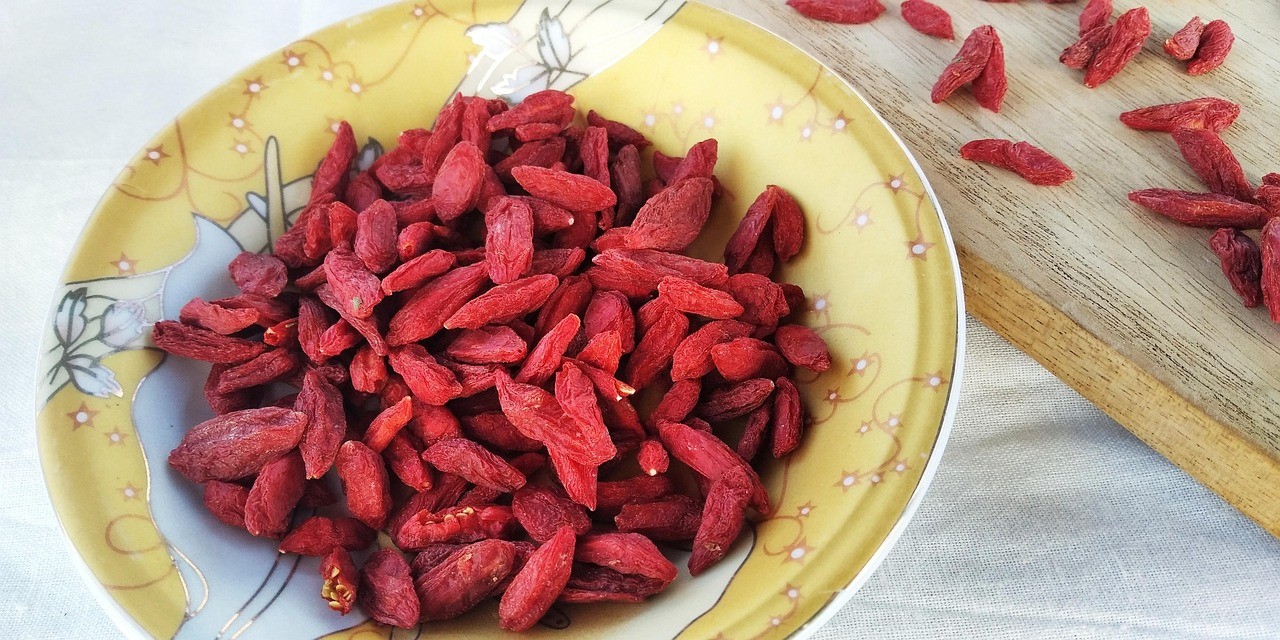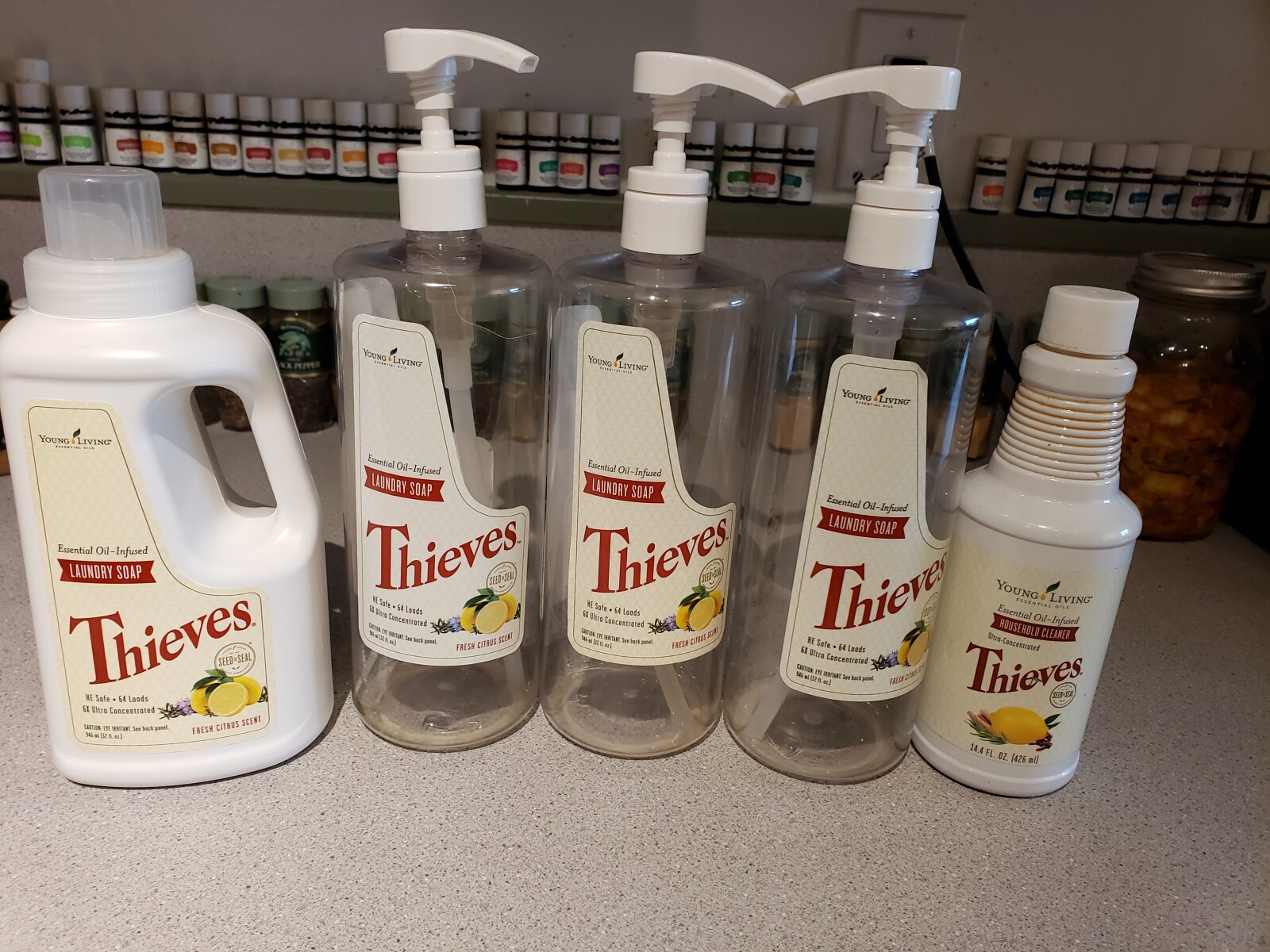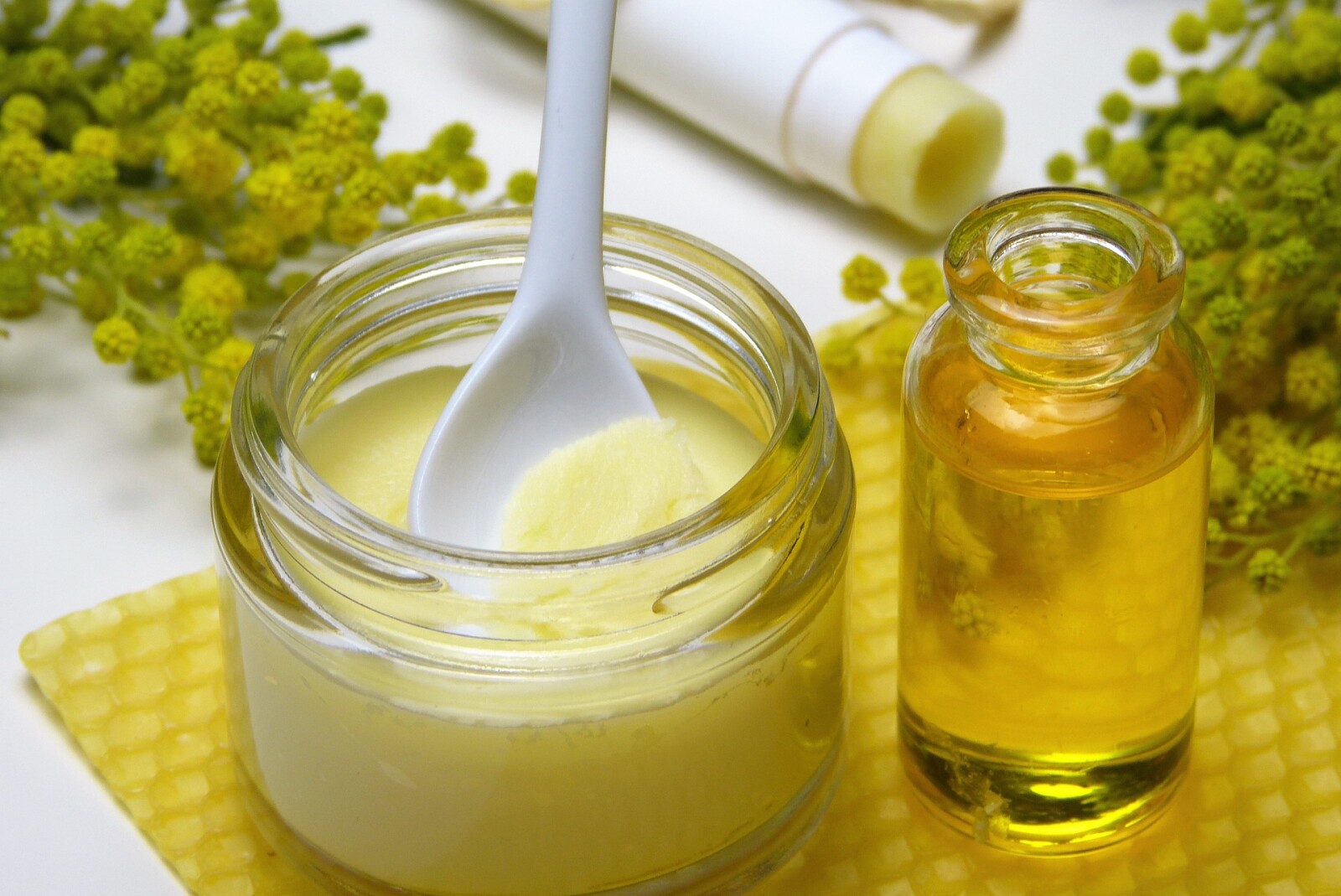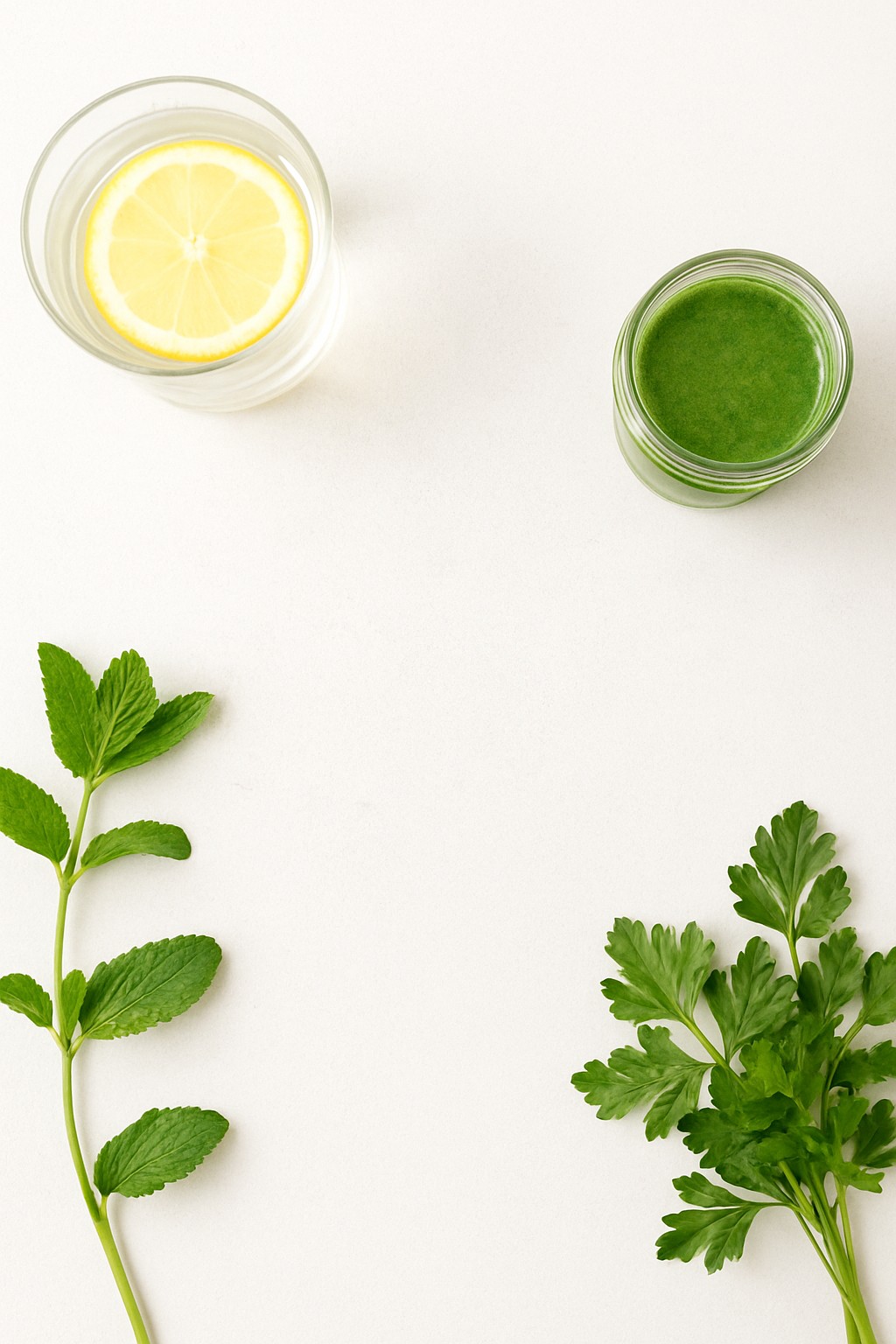
🩸 Wolfberries and Platelet Health: My Experience & What the Research Shows
When I was first diagnosed with ITP, I felt lost trying to figure out what foods and natural options were safe—or even helpful—for supporting my platelets. Over time, I discovered that some foods can play a supportive role, not as a cure, but as a way to strengthen the body and create a healthier environment for platelets to thrive.
One of those foods is the wolfberry (also called goji berry or Lycium barbarum). I’ve been using wolfberries daily for years, most often in juice form, and I’ve found them to be an encouraging part of my wellness routine. In fact, they’re one of the key features of my 11-Day Jumpstart protocol because of their nutrition, energy-boosting properties, and research-backed benefits for platelet health.
Why This Matters for ITP
If you’re new to ITP (immune thrombocytopenia), it’s an autoimmune condition where the immune system mistakenly destroys platelets. Since platelets are essential for clotting, low levels can cause bruising, bleeding gums, or other bleeding risks.
That’s why many of us are cautious about what we eat and what supplements we try—because some things can negatively impact platelets. But thankfully, research is showing that wolfberries may offer gentle, natural support in several ways.
What the Research Says
One particular study caught my attention: “Therapeutic Uses of Lycium barbarum Polysaccharides on Idiopathic Thrombocytopenic Purpura Mice via Inhibition of Oxidative Stress.”
While this research was done on mice, the findings are encouraging:
- Platelet Counts: The active compounds in wolfberries, called polysaccharides (LBP), were shown to raise platelet levels.
- Oxidative Stress: Wolfberries helped reduce oxidative stress—a type of damage that can worsen platelet destruction in ITP.
- Immune Support: They also appear to help balance the immune response, which is key since ITP is autoimmune in nature.
Other studies have confirmed wolfberries’ strong antioxidant properties, suggesting they may help protect platelets from damage and support overall immune health.
How I Use Them in Daily Life
For me, wolfberries aren’t just something I read about in a study—they’re something I actually use and enjoy every day. I like them in puree or juice form because it’s easy and convenient, but there are many ways to add them to your diet:
- Sprinkle dried berries over oatmeal, yogurt, or salads.
- Brew them in a tea.
- Add them to soups, rice, or stir-fries (a traditional use in some Asian cultures).
They’re widely considered safe in moderation, though as always, it’s a good idea to check with your doctor before making any changes.
My Encouragement to You
If you’re on an ITP journey, I know how overwhelming it can feel. The good news is there are safe, nourishing, natural options that may help support your body in the healing process. Wolfberries are not a magic fix, but they can be part of a diet and lifestyle that builds resilience, supports your immune system, and gives your platelets a healthier environment.
For me, wolfberries represent hope—a small but powerful step toward nourishing my body as I walk this path of healing.
✅ Key Takeaway: Wolfberries may support platelet health through their antioxidant and immune-balancing properties. They are safe, nutritious, and easy to add into everyday life, making them a gentle and encouraging option for those of us navigating ITP.
🌿 Ready to Take the Next Step?
If you’re looking for a simple way to nourish your body, reduce inflammation, and boost energy while supporting your platelets, my 14-Day Reset is a great place to begin. It’s a guided reset that focuses on clean eating, gentle detox, and daily habits that help your body thrive—wolfberries included!
If you’d like to learn more about the wolfberries or juice I personally use, feel free to reach out and connect with me. I’m always happy to share what’s worked for me and help you find options that fit your wellness journey.















0 Comments